If for nothing else, Charlotte Mason (CM) families are known for their love of beautiful books. Rich literature abounds in our households, and the opening of boutique living libraries in our communities breeds as much excitement as the grand opening of a Starbucks or Target. Or better yet, a Starbucks in a Target.
The point is that we love good books. They aren’t the only element of a CM homeschool, but they’re a cornerstone. Living books are a wonderful source of ideas. And life-giving books help further mold how our children see themselves and their place in this world. An education void of ideas and ideals falls flat every time.
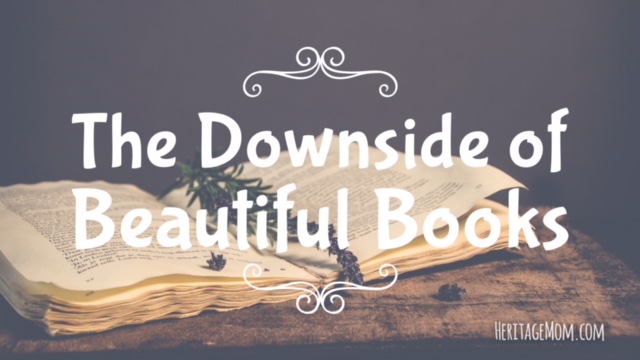
But there is a downside to beautiful books. They can be so good and worthy that there is a temptation to rely on them too much.
So many well-intentioned parents are depending solely on the pages of books to teach their children about humanity and relationships. And while those books are certainly an important element not to be taken lightly or overlooked, they are only a part of the story.
To raise grace-filled children who “seek justice, love mercy, and walk humbly” with God, the education of acceptance and love must extend beyond the pages of books.
On homeschool social media & blogs, at conferences and in books, there is so much talk and emphasis on finding the perfect living books. Considerable money and time are spent tracking down out-of-print beauties, and the focus on selecting just the right titles is intense.
The more enlightened parents are even working diligently to provide a diverse library with heroes and characters from all walks of life. They earnestly seek recommendations on the best books to teach about the Holocaust, black history, and immigration among other things. They want to highlight the accomplishments and hardships of those who are different than themselves, and that is so amazing. It shows that they value diversity and want their kids to grow beyond their bubble.
But it’s not enough.
In so many cases, these families are not clinging to opportunities for their children to experience the humanity of others who are different, and that is key. Literary cultural exposure is great, and most of the families in my tribe value it, but I’m not sure that anything goes as far as building genuine relationships with others.
I can tell right away when children have been in relationship with others who are different by how they interact with my kids. I can tell when mothers are completely comfortable around me, uncomfortable but interested, and when I’m likely their only exposure to a black person since The Cosby Show went off the air.
Even though there is so much for all of us to learn about other cultures (and we’ll never know it all), we mustn’t forget the power of intentional & mutually respectful true relationships.
One of the greatest gifts we can give our children is helping them to truly know others – even if it means we awkwardly manufacture touch-points that may not naturally occur as we go about our daily lives.
The books are lovely (oh SO lovely), but our families have to “do life” with people who are different if we’re truly going to spread the whole feast.
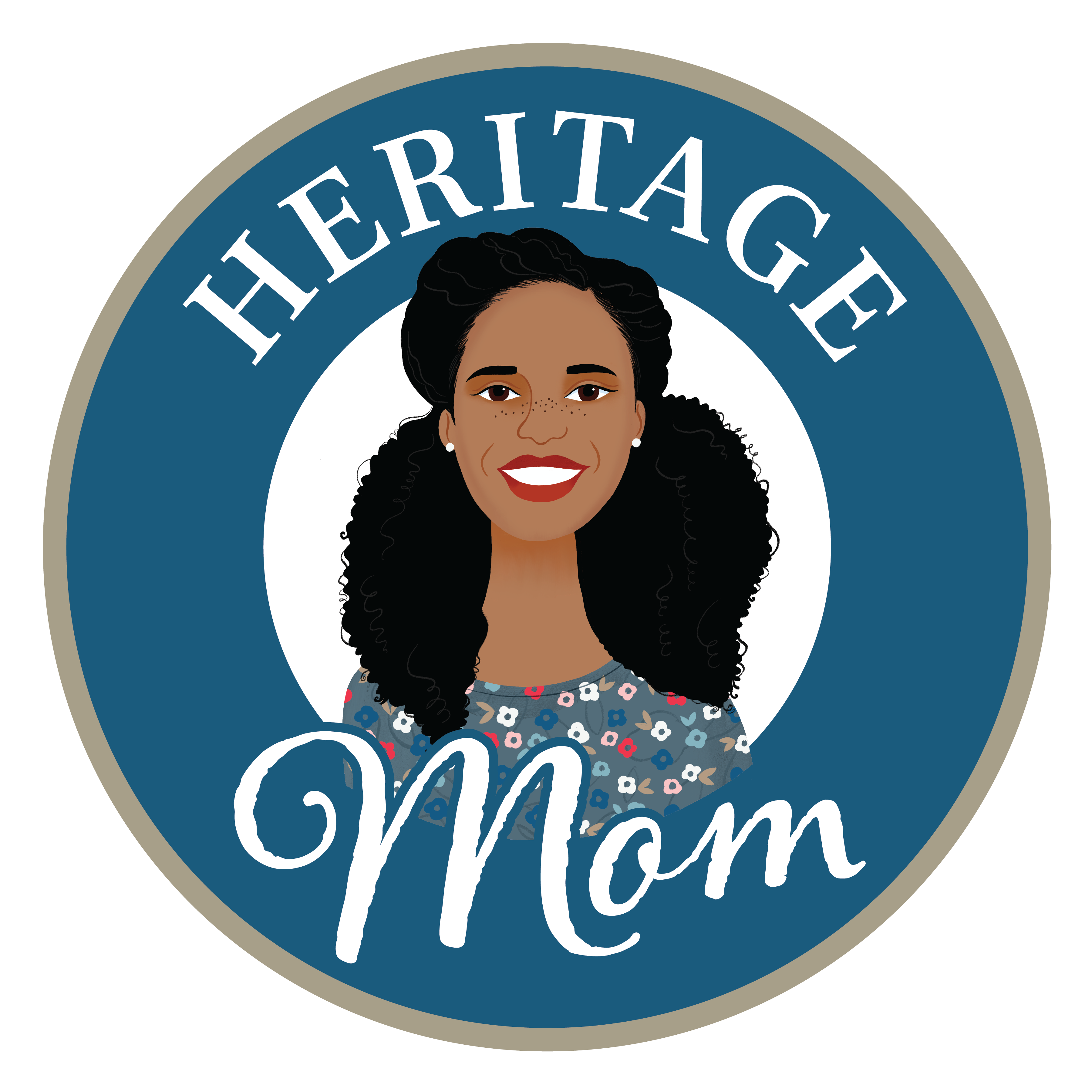
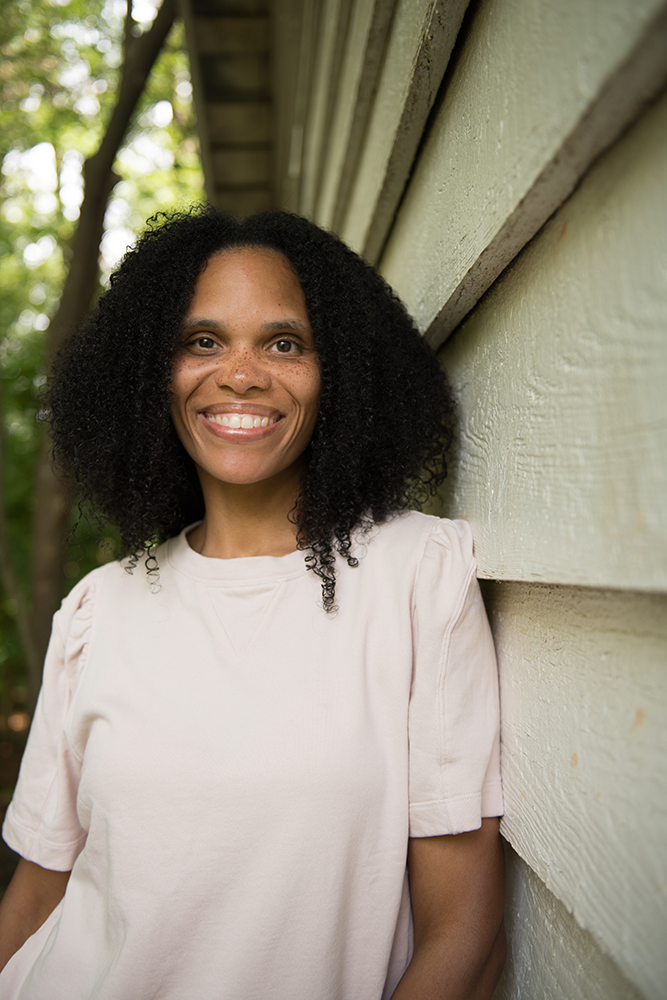
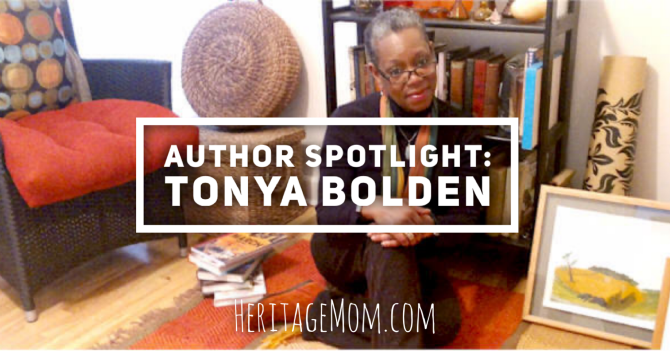
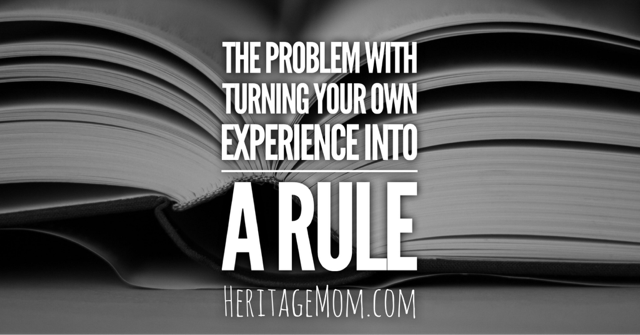

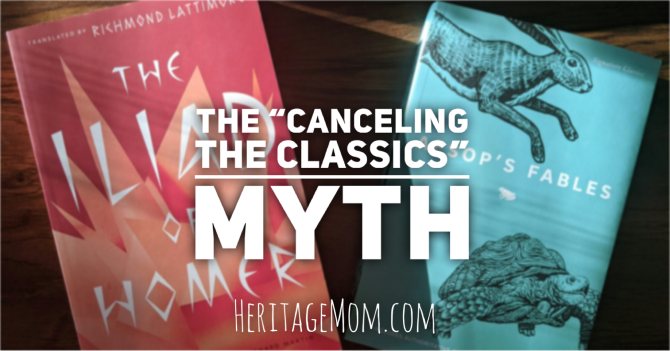
0 Comments